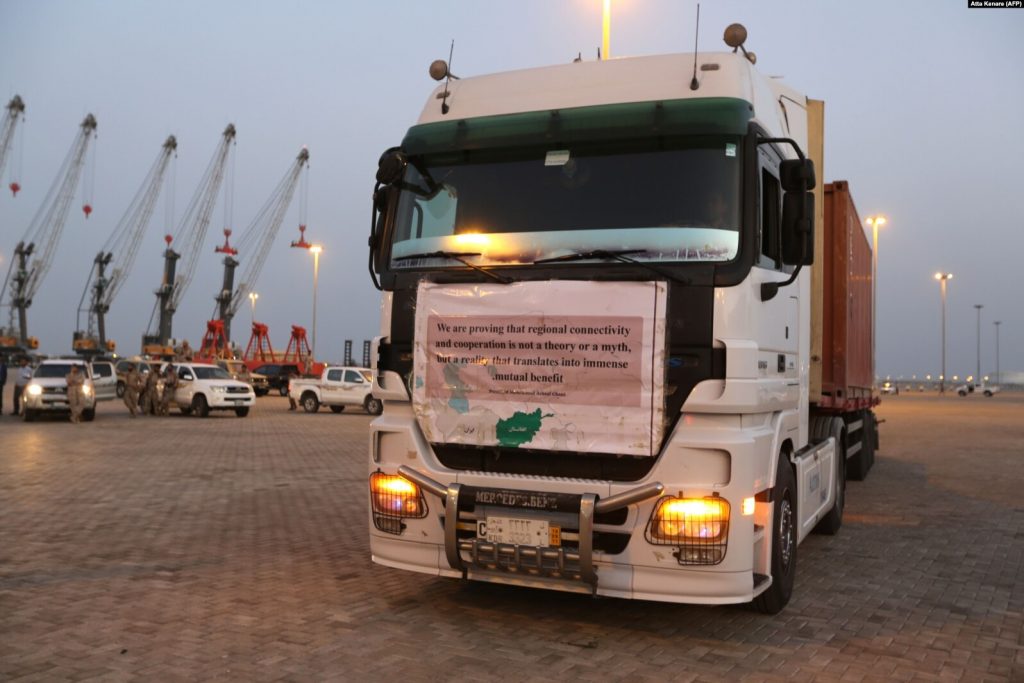Pakistan and Uzbekistan have exchanged goods through war-torn Afghanistan for the first time. The project has received technical and financial support from the United States Agency for International Development (USAID).
USAID’s initiative aimed at boosting regional trade integration and connectivity. Taking into account the current global crisis caused by the corona pandemic, ability to supply the region with needed goods is a key. The project becomes a milestone for regional economic integration.
For Afghanistan, it is crucial to develop its own economy ruined by the 20-year-old-long conflict. In particular, the country will have to revive its agro-processing, construction, and, over a longer period, mineral extraction and exports.All these aspects currently are subject to widespread informal mining and smuggling out to Pakistan and Iran.
On the export side, Afghan products need to be permitted to transit more seamlessly through neighboring countries, notably Pakistan.
The shipments were made under the Transports Internationaux Routiers (TIR) Convention, a customs agreement that facilitates the international transport of goods.
New trade era in the Middle Eastern region

The trade route has lessened Afghanistan’s reliance on Pakistan and has allowed India to open a sea route to Afghanistan. New Delhi also gained access to natural resources in the Central Asian republics. Landlocked Uzbekistan would one of the biggest beneficiaries of greater regional trade.
Uzbekistan’s access to marine shipping is very limited, and Tashkent has sought to secure a direct link to seaports in Pakistan and Iran.
In February, Afghan, Pakistani, and Uzbek officials signed a road map on the construction of a railroad from Afghanistan’s northern city of Mazar-e Sharif, near the Uzbek border, to Kabul and the northwestern Pakistani city of Peshawar.
